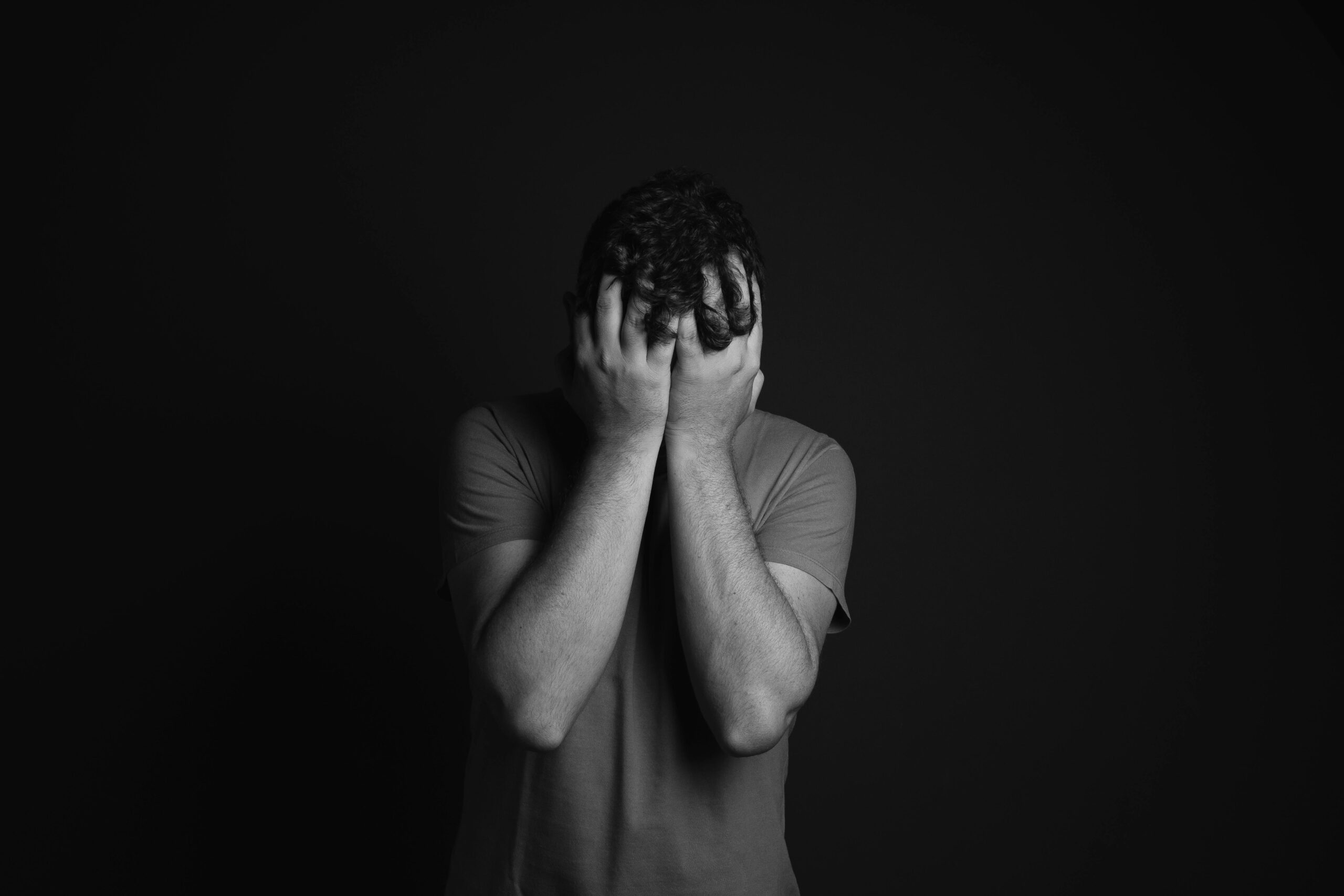
Some days, the smallest things feel like the biggest hurdles. Getting out of bed, taking a shower, or making a simple meal can seem impossible.
This isn't laziness or a lack of willpower; it's often the heavy weight of depression.
When you're in the middle of a major depressive episode, just getting through the day is a challenge. But there is hope; you can learn practical ways of coping with depression.
Major depressive disorder is not just feeling sad or down. It is a persistent and serious medical condition that negatively affects how you feel, think, and act.
According to the World Health Organization, depression is one of the most common mental health struggles in the world. The group estimates that about 5% of the global adult population has struggled with it at least once in their lives; 3.8% if you include kids under 18 years.
Depression is a very real illness that can have a severe impact on your daily life. It's not something you can just snap out of.
Depression's very nature drains the resources you need to function.
Symptoms like profound fatigue, a loss of interest in activities (anhedonia), and difficulty concentrating work together to create a significant barrier to action.
Depression can alter how your brain processes rewards, making tasks that once felt satisfying seem pointless. It creates an oppressive cycle:
This physical and mental exhaustion is not a personal failing; it is a core symptom of the condition.
Although everyone experiences major depressive disorder differently, there are common symptoms. These symptoms generally last for two weeks or longer.
If you recognize these signs, know that effective treatments and specialized services are available.
When you're dealing with depression, it's important to be gentle with yourself. The goal is not to do everything at once but to take small, manageable steps to regain a sense of control.
When your to-do list seems overwhelming, break it down. Instead of "clean the kitchen," start with one small action: "put one dish in the dishwasher."
Accomplishing a small goal provides a sense of achievement and builds momentum for the next small step.
A routine can provide structure on days that feel formless. Try to anchor your day with a few simple, consistent actions.
This could be:
Sunlight can have a significant impact on mood. If you can, spend a few minutes outside each day.
If leaving the house feels too difficult, simply opening the curtains to let natural light into your space can help.
Exercise can feel like an impossible demand when you have no energy, but gentle movement can make a difference. This doesn't mean an intense workout.
A short walk around the block, a few simple stretches, or standing up and moving around your room can help.
Therapy is a cornerstone of effective depression help in Fort Wayne. It provides a safe, non-judgmental space to explore the thoughts, feelings, and behaviors that contribute to your depression.
A therapist can help you develop personalized coping strategies to manage symptoms, address underlying issues, and improve your relationships and family dynamics.
At Cook Behavioral Health, we understand that taking the first step to better mental health is often the hardest part, and we are here to walk alongside you.
Together, we'll figure out the answers to create a treatment plan that fits your needs and life.
Coping with depression is a process. But you don't have to figure it out on your own. Reaching out for support when everything feels too heavy is a massive sign of strength.
When you're ready to talk, we're here to listen.
Disclaimer: We hope you find the information in this blog helpful, but please remember that it's not meant to replace personalized advice from a mental health professional. If you have concerns about your mental health, please reach out to our team at Cook Behavioral Health. We’re here to support you.